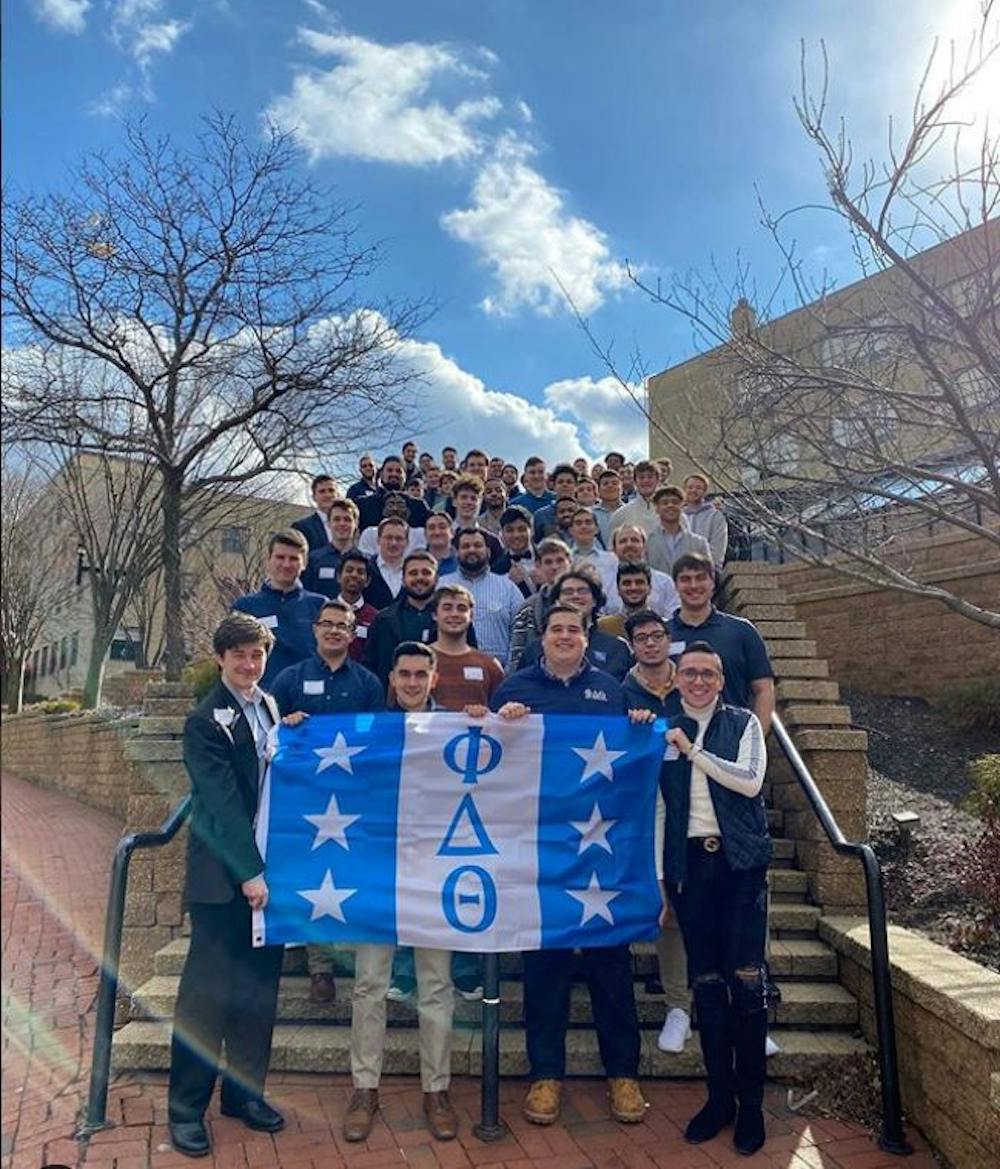Coming into college, I had absolutely zero interest in Greek life or anything surrounding it.

Granted, it’s easy not to know anything about the system prior to college. The whole thing is not what you expect, despite Seton Hall being nowhere near equivalent to the likes of the University of Alabama or Florida International University in the same regard.
Now, nearly three years later, it is clear to me that the Seton Hall Greek system has so much to offer to students and still has more potential to reach. The scope of this stretches from the Interfraternity Council and Collegiate Panhellenic Council organizations on campus, to the service organization, to the United Greek Council organizations.
Looking back, I had no idea that I was getting myself into when I joined a fraternity. The brotherhood and the friendships that I have been lucky to forge came with the territory in the sense, but it, overall, has extended way farther than I thought.
These types of organizations have excellent philanthropy, community service and other aspects that help the community as a whole. My fraternity, Phi Delta Theta, has raised more than $10,000 in consecutive years for ALS research, but there have been other organizations that are more established in school history that have raised far more than that. Outside of participating in big fundraisers on a corporate level, people have little chance to participate and run events such as these and gain this experience.
With all the good that I have seen through the system and the student body involved in it, there is still much to be improved. As guards change and new groups are added, it’s always a good time to look and reflect on something that has the potential to transform into something great down the line.
Seton Hall and the South Orange area, as a whole, always have seemed to have an aversion to the prototypical college town atmosphere. Despite being a hot spot for many people looking to live close to a train station with New York City access, it is easy to forget that it is a college town in the end.
Back in the day, the school did have a Greek Row with houses lined up outside of the gate for the organizations. In a string of changes, that is long gone, but it could provide of use for the school to look into in the future. It would not only help with unity within organizations from living near one another, but it also helps consolidate risk instead of having a spur of houses taken up across the area. It helps centrally locate things.
Further, the entire system, despite becoming more and more popular, has to be reasonable by a numbers standard. There are plenty of organizations struggling numbers wise, and the addition of new groups will only continue to hurt it. Beyond where it sits as of the 2020-21 school year, based on the population of Seton Hall, it is important to keep it under control.
As much as I have loved my experience here through Greek life, it’s important that it can be made better. It will never be like a big school, but if the school and town bunkers down on making the experience more enjoyable and relaxed, then it will grow even more.
Kevin Kopf is a senior journalism major from Long Island, New York. He can be reached at kevin.kopf@student.shu.edu.





